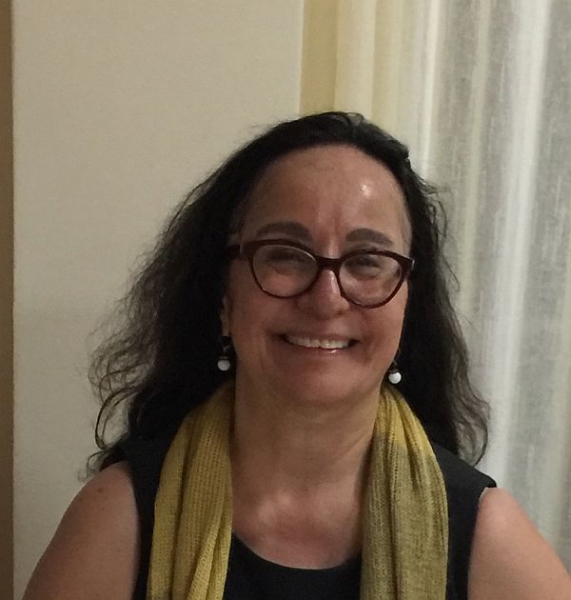Menu
Travel Info:
Committee

Chair |
Prof. Metin Akay received his B.S. and M.S. in Electrical Engineering from the Bogazici University, Istanbul, Turkey in 1981 and 1984, respectively and a Ph.D. degree from Rutgers University in 1990. |

Co-Chair |
Dr. Paul Sajda is Professor of Biomedical Engineering, Electrical Engineering and Radiology (Physics) at Columbia University. He is also a Member of Columbia’s Data Science Institute. Sajda is interested in what happens in our brains when we make a rapid decision and, conversely, what processes and representations in our brains drive our underlying preferences and choices, particularly when we are under time pressure. His work in understanding the basic principles of rapid decision-making in the human brain relies on measuring human subject behavior simultaneously with cognitive and physiological state. Important in his approach is his use of machine learning and data analytics to fuse these measurements for predicting behavior and infer brain responses to stimuli. Sajda applies the basic principles he uncovers to construct real-time brain-computer interfaces that are aimed at improving interactions between humans and machines. He is also applying his methodology to understand how deficits in rapid decision-making may underlie and be diagnostic of many types of psychiatric diseases and mental illnesses. |

International Program Chair |
Dr. Yasemin M. Akay is currently an Intructional and Research Assistant Professor at the Department of Biomedical Engineering, Cullen College of Engineering, University of Houston. She received her B.S. in Pharmaceutical Sciences from the Hacettepe University, Ankara, Turkey in 1980 and M.S. and Ph.D in Biomedical Engineering from the Rutgers University, Piscataway, NJ, USA in 1991 and 1998, respectively. |

Local Area Chair |
Dr. Michalis Zervakis holds a Ph.D degree from the University of Toronto, Department of Electrical Engineering, since 1990. He joined the Technical University of Crete on January 1995, where he is currently full professor at the department of Electronic and Computer Engineering. Prof. Zervakis is the director of the Digital Image and Signal Processing Laboratory (DISPLAY) and is involved in research on modern aspects of signal processing, including estimation and constrained optimization, multi-channel and multi-band signal processing, wavelet analysis for data/ image processing and compression, biomedical imaging applications, neural networks and fuzzy logic in automation applications. He has been involved in more than 20 international projects and has published more than 90 papers in related areas of image/signal processing. |

Summer Academy Manager |
Dr. Ting Chen received his BS and PhD in Biomedical Engineering from Arizona State Univesity. In 2010, he joined the Department of Biomedical Engineering at the University of Houston as an Instructional Assistant Professor. He received his MBA from Indiana University in 2017. He is now the Associate Chair for the Biomedical Engineering Department at the University of Houston. |

Public Relation Chair |
Ms. Nancy Zimmerman is the Executive Director of IEEE EMBS. She is a visionary, strategic, and entrepreneurial leader with an impressive professional background in product management, strategic marketing, and operations. Her professional resume includes working with such brands as Procter & Gamble, Girl Scouts USA, and Hackensack Meridian Health. With an academic background consistent with her career, Nancy holds BA degree from Indiana University in Brand Identity, and an MBA from the University of Cincinnati with a concentration in marketing. Always helpful and happy to engage, Nancy is excited to be part of the EMBS team. |


